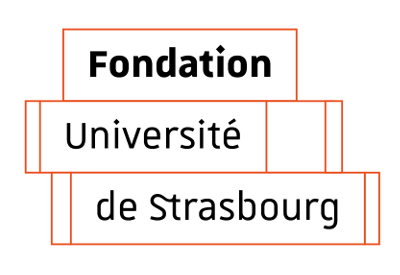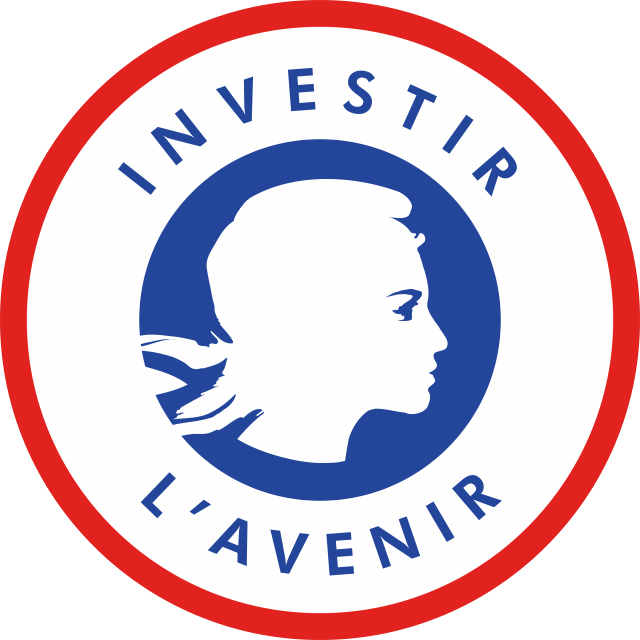Light-induced processes in molecular and supramolecular systems
- Cours (CM) 24h
- Cours intégrés (CI) -
- Travaux dirigés (TD) -
- Travaux pratiques (TP) -
- Travail étudiant (TE) -
Langue de l'enseignement : Français
Description du contenu de l'enseignement
To acquire knowledge on the process of light interaction with metal complexes and the use of the excited state of molecular compounds to build functional devices in molecular, material sciences and biology.
- Description of the excited states of metal complexes relevant for electron transfer, energy transfer or controlled motion.
- Electron transfer theory applied to transition metal complexes: artificial photosynthesis, conversion of light into chemical energy or electricity.
- Description of various metal-ligand assemblies responding to light stimulus reported in the literature (switches, gates, sensors,…).
- Molecular machines: controlled motion in artificial systems based on the design of organic molecules and interlocked molecules with metal complexes. The functions associated to the motion: applications in nanoscience and nanotechnology.
Compétences à acquérir
- Understanding the properties of excited states of coordination compounds related to electron transfer, luminescence, photoinduced motion.
- Knowing how to tune the ligand field of coordination complexes for a particular purpose (conversion of light into chemical energy or electricity, photovoltaic cells, light-driven switches).
- Understanding the fundamentals of artificial molecular machines reported in the literature
Contact
Faculté de chimie
1, rue Blaise Pascal - BP 2029667008 STRASBOURG CEDEX
0368851672
Formulaire de contact
Responsable
Valerie Heitz






